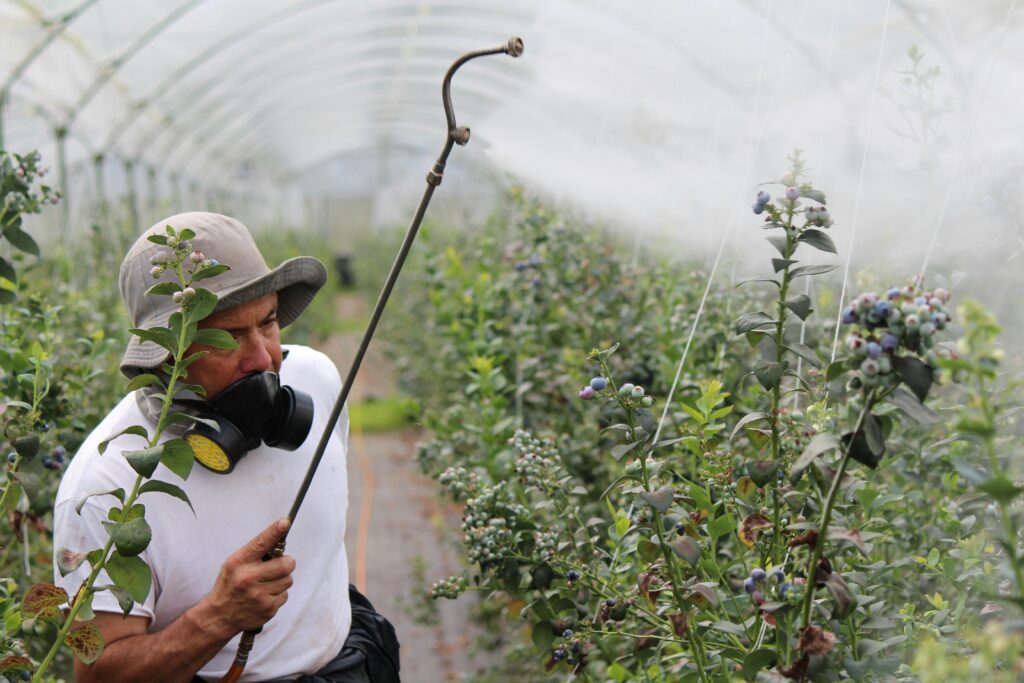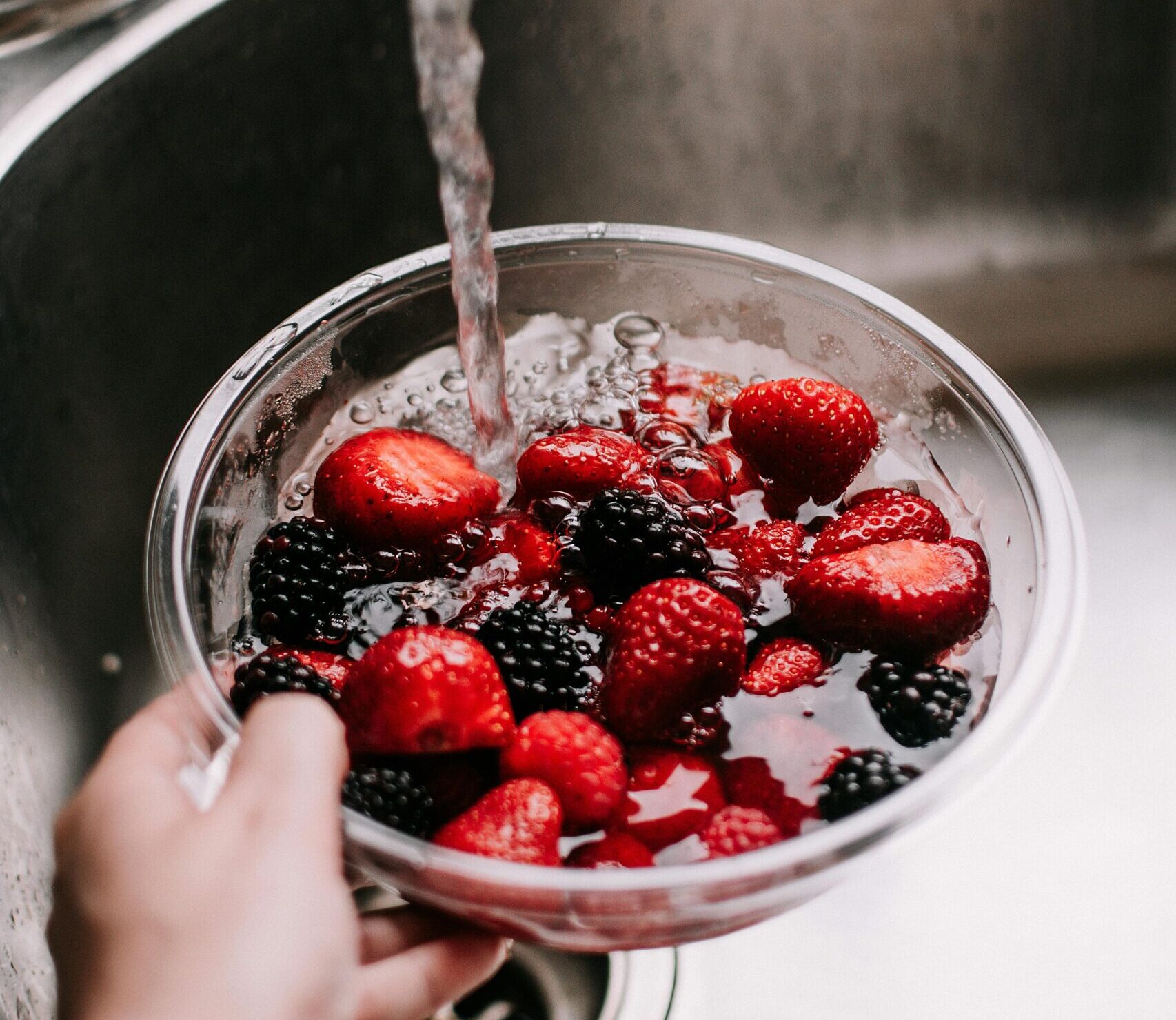Introduction
Many of us take comfort in the ritual of washing fruits before eating them, believing that this simple act removes harmful pesticides and chemicals. However, a groundbreaking study has revealed a surprising truth: rinsing your produce might not be enough to eliminate pesticide residues. In this post, we’ll delve into the findings of this new research, explore why pesticides remain even after washing, and discuss what you can do to protect yourself and your family.
Understanding Pesticides: What Are They and Why Are They Used?

Pesticides are chemicals used in agriculture to protect crops from pests, diseases, and weeds. While they play a crucial role in ensuring high yields and protecting food supplies, they can also pose risks to human health. Pesticides can linger on the surface of fruits and vegetables, and even small amounts can accumulate in our bodies over time.
The Study: What the Researchers Found
A recent study conducted by scientists from the University of Massachusetts Amherst revealed that washing fruits and vegetables under running water or even using commercial produce washes does not entirely remove pesticide residues. The study examined various types of fruits, including apples, grapes, and strawberries, all of which are commonly treated with pesticides.
The researchers discovered that while washing did reduce the amount of pesticides on the surface, a significant portion remained. This is because pesticides are designed to withstand rain and irrigation, meaning they can penetrate the outer layers of produce and become ingrained in the flesh.
Why Washing Isn’t Enough
There are several reasons why washing alone may not be effective in removing pesticides:
- Pesticide Formulation: Some pesticides are formulated to be water-resistant, ensuring they remain effective even after exposure to rain or irrigation. These chemicals are particularly challenging to remove through simple washing.
- Absorption into the Fruit: Pesticides can seep into the skin and flesh of fruits, especially those with thin skins like berries and peaches. Once inside, they cannot be removed by surface cleaning.
- Surface Residues: Pesticides can form a film or residue on the surface of fruits that is resistant to water. This makes it difficult to wash them away completely, even with vigorous scrubbing.
What Can You Do?

Given the study’s findings, it’s essential to take additional steps to minimize pesticide exposure:
- Choose Organic Produce: Organic farming practices restrict the use of synthetic pesticides, making organic fruits and vegetables a safer option. While organic produce may still contain some pesticides, they are generally less harmful.
- Peel Your Fruits: Peeling fruits like apples, cucumbers, and potatoes can remove the outer layer where most pesticides are concentrated. However, this method also removes some of the beneficial nutrients found in the skin.
- Use Vinegar or Baking Soda Wash: Soaking fruits in a solution of vinegar and water or baking soda and water has been shown to reduce pesticide residues more effectively than plain water. For best results, soak for at least 15 minutes before rinsing thoroughly.
- Grow Your Own: If possible, consider growing your own fruits and vegetables. This way, you can control the use of pesticides and ensure that your produce is free from harmful chemicals.
The Bigger Picture: Why This Matters
The presence of pesticides in our food is a growing concern, especially as studies continue to reveal the potential health risks associated with long-term exposure. Pesticides have been linked to a variety of health issues, including hormone disruption, developmental problems in children, and an increased risk of certain cancers.
While washing your fruits and vegetables is still a good practice for removing dirt and bacteria, it’s important to recognize its limitations when it comes to pesticides. By taking additional precautions, you can reduce your exposure to these harmful chemicals and make healthier choices for you and your family.
Conclusion
The findings of this new study highlight the importance of being informed about the limitations of washing produce to remove pesticides. As consumers, it’s crucial to take proactive steps to minimize pesticide exposure, whether by choosing organic options, peeling fruits, or using more effective washing methods. By staying informed and making conscious choices, you can help protect your health and the health of your loved ones.
Remember, the key to a healthy diet isn’t just about what you eat but also about how you prepare it. Stay safe and eat smart!


